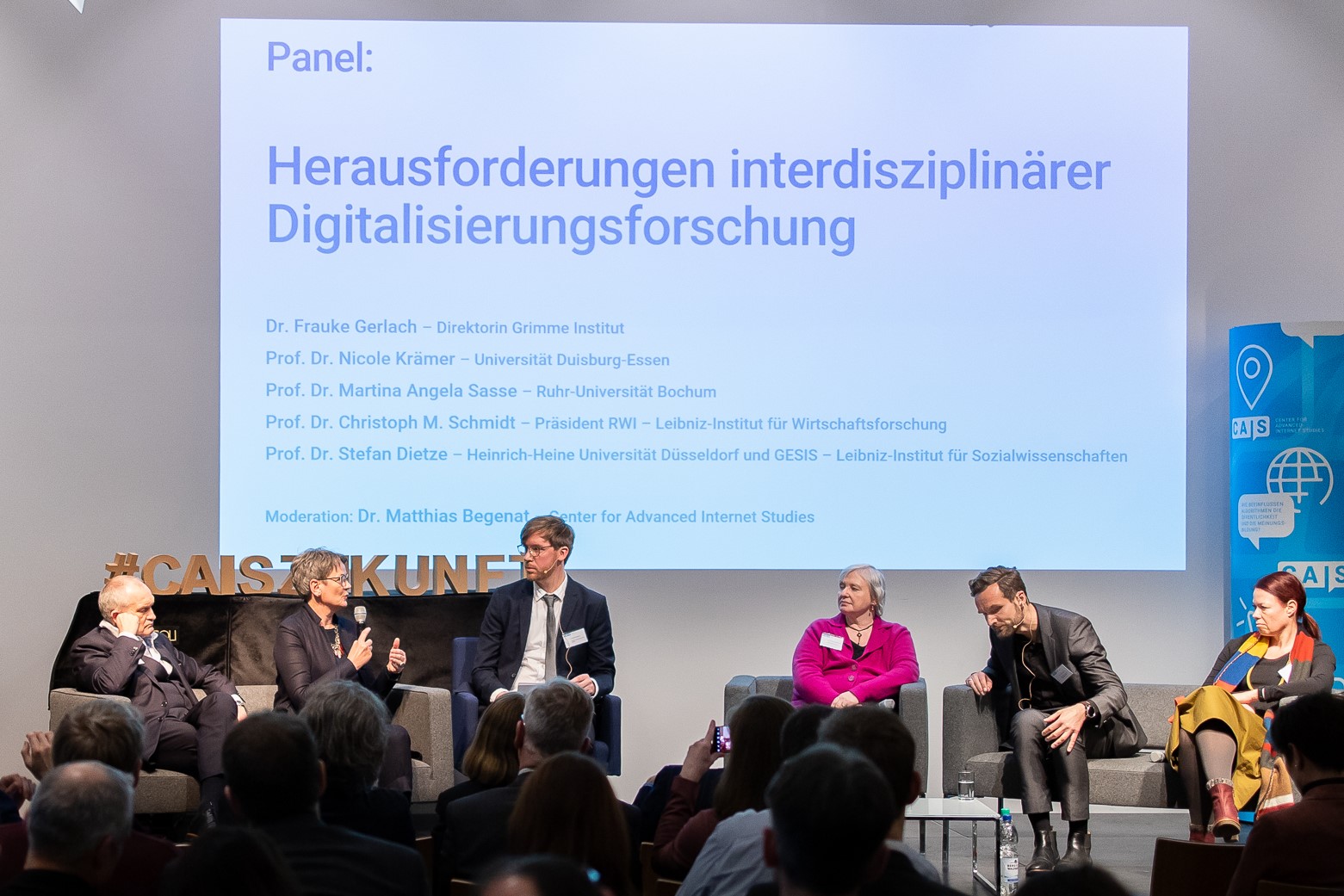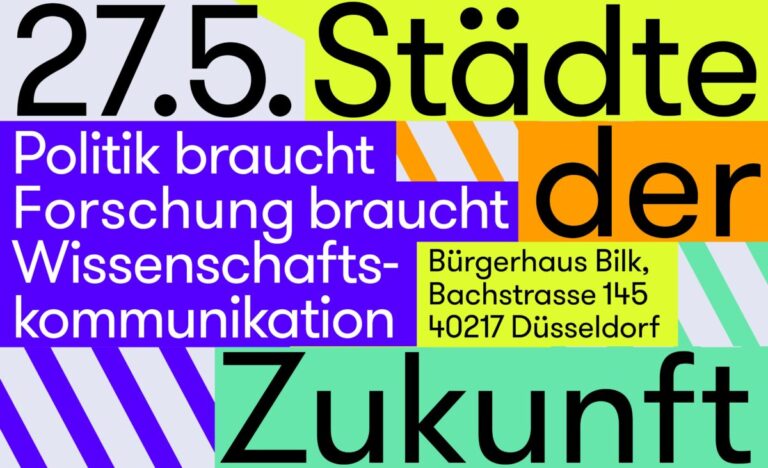News

News from the Institute
Learning processes in the context of digitalisation – current findings from large-scale assessments
The symposium at the GEBF conference on “Understanding Education – Achieving Participation – Shaping Transfer” at the University of Potsdam provided an exciting insight into...
Discrimination and extremism in digital media
On 15 March 2024, Josephine B. Schmitt will present the keynote speech on the topic of “Between word violence and stigmatisation: discrimination, representation deficits and...
“Decoding the hype: can AI help create accessible and inclusive student learning?”
On February 6, 2024, join Nikol Rummel, Research Professor, as she explores the role of AI in fostering accessible and inclusive student learning. The OECD...
Tiktoker makes fun of German habits
Airing the house, taking away deposits or separating rubbish – more or less typical German habits are a hit on social media. A British tiktoker...
Why is the AfD successful online?
More people follow the far-right party on social media than any other. Christoph Bieber from the Digital Democratic Innovations research programme spoke about this with...
Digital council systems: News from the lowlands of digitalisation
A survey of the use of digital council information systems (DRS) in the municipalities of North Rhine-Westphalia.
Special edition Tech Imaginations
Former CAIS Fellows contribute to the new special edition Tech Imaginations edited by Jens Schröter.
AIT’s Forum on the Histories of the Internet.
A talk at the AIT’s Forum about “The Internet of Things: Co-production for Inclusive Smart Cities.”
Presentation at the 2024 International Winter School on “Social Media, Surveillance, and Societies of Control”
Mitra Shamsi with a presentation at the 2024 International Winter School on “Social Media, Surveillance, and Societies of Control”
Latest Publications
Special edition Tech Imaginations
Former CAIS Fellows contribute to the new special edition Tech Imaginations edited by Jens Schröter.
Several publications by BKI together with Colleagues at CMU, Pittsburgh
The research program: Educational Technologies and Artificial Intelligence released some publications together with the CMU in Pittsburgh.
Second special issue of the transfer journal easy_social_sciences published
The second special issue of the transfer journal easy_social_sciences in collaboration with Julian Kohne (GESIS) and Johannes Breuer has been published.
Blog post on far-right influencers
Sandra Kero and Josephine B. Schmitt on right-wing extremist communication in social media and immersive potential.
Journal article: Utilizing interactive visual multimedia to improve business capabilities
Our CAIS fellow Verlumun Celestine Gever published a research article with colleagues on interactive visual multimedia.
“Europe must act now to remain competitive”
Tetiana Gorokhovo with an article in the Panaorama magazine about Europe and the competitiveness of the future.
Book chapter: “Putting the AI into social science […]”
How are AI tools changing and challenging research in social sciences? Johannes Breuer is viewing this topic in a new book chapter.
Contribution to the anthology “Elections are also just an algorithm”
Anne Goldmann and Christoph Bieber with a contribution to the anthology “Regieren in der Transformationsgesellschaft” on the topic of elections and algorithms.
“From second zero: participatory involvement of society in agenda setting in science”
At PartWiss 23, Samuel Simon and Josephine B. Schmitt are presenting on the topic of “Participative Involvement of Society”.

